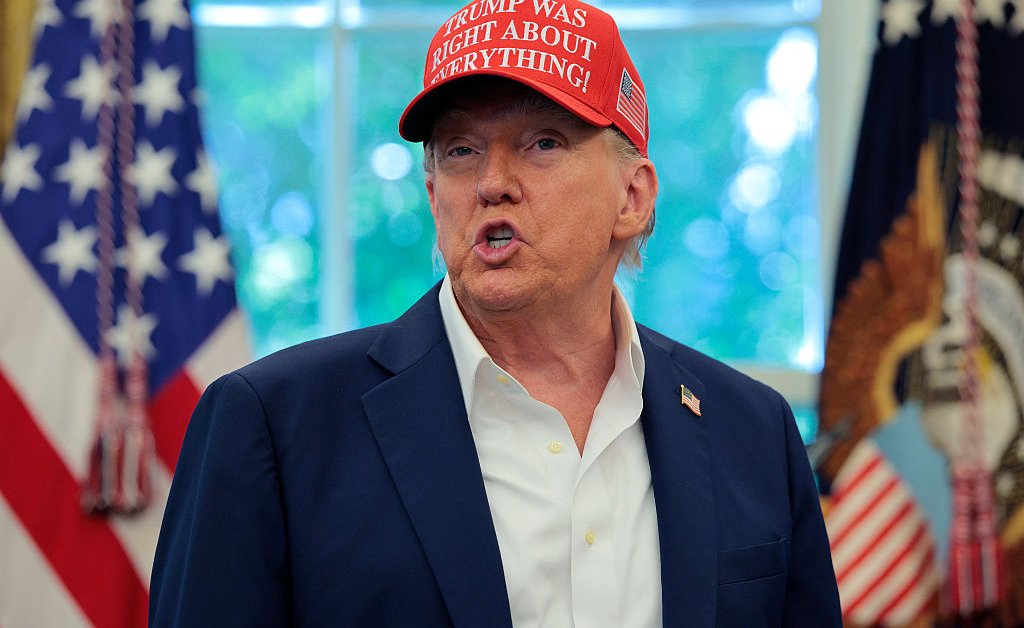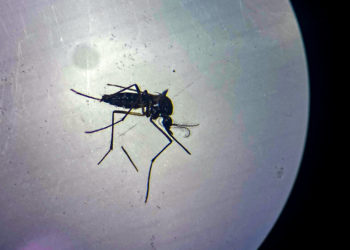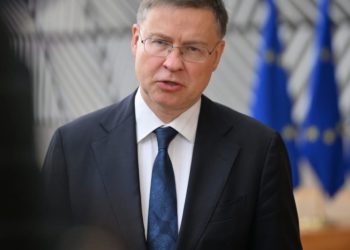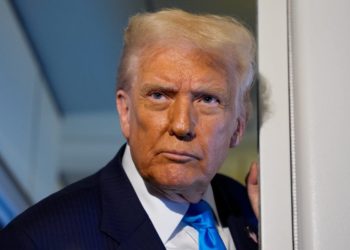President Donald Trump said on Friday that his Administration will turn to Chicago next in its efforts to crack down on crime, nearly two weeks after he took control of Washington, D.C.’s police force.
“After we do this, we’ll go to another location and we’ll make it safe also,” Trump told reporters. “Chicago is a mess. You have an incompetent mayor, grossly incompetent, and we’ll straighten that one out, probably next.”
The President said he hadn’t spoken to Chicago Mayor Brandon Johnson about his plans, but that his Administration would embark on the move “when we are ready.”
“Chicago is very dangerous,” Trump said. “I hate to see what has happened to Chicago.”
Trump has railed against crime in Chicago for years, calling the city “a shooting disaster” as early as 2013. While he was running for President in 2016, Trump said on social media: “Crime is out of control, and rapidly getting worse. Look what is going on in Chicago and our inner cities. Not good!” During his first term, in 2020, Trump deployed federal agents to the city to “help drive down violent crime.”
That deployment came as part of a broader program launched by the Justice Department that summer to send federal agents to multiple cities to address what Trump referred to at the time as “a shocking explosion of shootings, killings, murders, and heinous crimes of violence.” Like Trump’s recent D.C. takeover, the controversial program drew concern from local activists and leaders. It was discontinued after Trump left office in 2021.
Many cities across the country were experiencing a spike in violent crime in 2020, amid the COVID-19 pandemic. In Chicago, fatal and nonfatal shootings went up by about 55% in 2020 compared to 2019, according to city data. Shootings in the city went up again in 2021, though this time only by 9%, before plummeting by nearly 21% the next year.
Violent crime also climbed in the city in the leadup to Trump’s first term. Between 2015 and 2016, the number of homicides in the city jumped by 58% and the number of nonfatal shootings by 43%, according to the University of Chicago Crime Lab.
But the following years saw a decline in gun violence before rates climbed again early in the pandemic. And crime in Chicago has dropped by 15% since 2023, according to city police data released earlier this month. City data show that fatal and nonfatal shootings are down nearly 38% so far this year compared to the same period in 2024. Homicides and robberies, meanwhile, are both down roughly 32%, and vehicular hijackings are down about 49%
Trump’s remarks on Friday come after he federalized D.C.’s police department and deployed National Guard troops on the streets on Aug. 11, citing violent crime—even though data showed that violent crime in the nation’s capital, as in Chicago, had already been declining significantly. When announcing the move, the President said he would “look at other cities” too, including Chicago, Los Angeles, New York, Baltimore, and Oakland.
In his crackdown on the capital, Trump invoked a provision of the D.C. Home Rule Act of 1973 that authorizes the President to take control of D.C.’s police department in “conditions of an emergency nature.” But legal experts told TIME that Trump’s authority to take control of local police departments and deploy National Guard troops to cities other than D.C. is severely restricted by law.
Johnson slammed Trump’s comments on Friday. The mayor said in a press release that the city has made “historic progress” to tackle crime, citing recent statistics, and argued that deploying the National Guard to Chicago would risk undermining that work. Johnson added that while the city was taking Trump’s statements seriously, it had not received any formal communication from the federal government on this subject.
“The problem with the President’s approach is that it is uncoordinated, uncalled for, and unsound,” Johnson said. “Unlawfully deploying the National Guard to Chicago has the potential to inflame tensions between residents and law enforcement when we know that trust between police and residents is foundational to building safer communities.”
The post Trump Says Chicago Is Next in His Crackdown on Crime. Here Are the Facts About Crime in the City appeared first on TIME.




